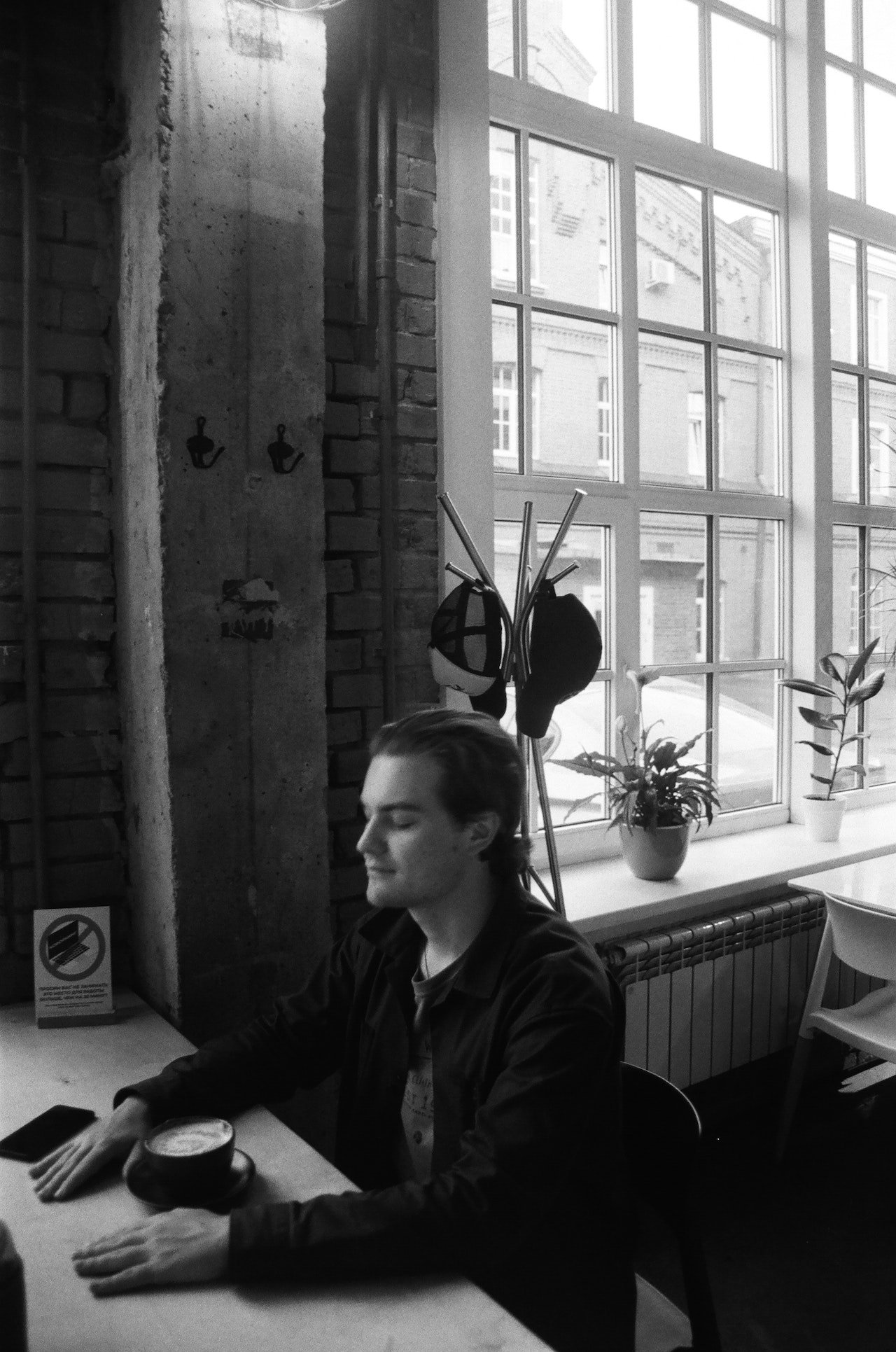The Unknown.
When we have no idea what will happen. What we will come across. And whether we will get what we want or not.
It’s like walking into a fog all alone. No hand-holding, no direction whatsoever.
Do we walk into the Fog of the Unknown or do we retreat back to the land of certainty?
After all, who knows if it’s rainbow or darkness at the end of our journeys? (If only we could see the future and ease the fear in our hearts!)
Last year, I faced one of the biggest unknowns in my life:
Do I scale my marketing agency, what I’m familiar with, or do I start a blog business—one that I have absolutely no experience in?
I kept procrastinating for months. I kept telling myself that “I’m not ready for this…I don’t have the credentials and skills…”
If I was being honest, though, I knew starting the business was the right thing to do. It would mean that I’d get to share everything I’ve learned about overcoming my social anxiety, leaving a legacy behind. This will be soul work, I told myself.
But the anxiety surged and crashed each time I wanted to take the leap.
Jon Kabat Zinn wrote:
“You can’t stop the waves, but you can learn to surf.”
Well, I certainly wasn’t surfing; I was just trying to keep my head above water. I was stuck, and I needed help. And so I chatted with my therapist, Sean Swaby. In the therapy session, he shared a word that completely changed how I saw anxiety:
“Anxietment.”
He explained that the word means anxiety plus excitement and that both emotions are equally valid and valuable. Why? Excitement is a sign of value, and fear is a necessary risk in order to enjoy the value.
In other words? If I felt excited but scared about the decision, it was a signal that I should do it despite the emotions.
When I heard what he said, I had a paradigm shift.
I went from seeing anxiety as an obstacle to seeing it as an ally on my new journey. The anxiety was still running strong, but it felt a lot less overwhelming; it was no longer the threat it was before.
And I realized once again: Difficult emotions are our best teachers—only if we open our hearts to them.
Are they unpleasant? Yes. But they have a reason for appearing and even coming back. It’s up to us to discover the reason—or not.
As Pema Chödrön wrote in When Things Fall Apart:
“Feelings like disappointment, embarrassment, irritation, resentment, anger, jealousy, and fear, instead of being bad news, are actually very clear moments that teach us where it is that we’re holding back.”
So, how can we accept anxiety—and other challenging emotions—in the face of the unknown?
Apart from therapy and meditation, here are a few things that have helped me:
1. Talk to a supportive friend. Apart from honestly sharing how you feel, ask how they embraced their anxiety when facing uncertainty too.
In my case, I chatted with a friend about his experience starting a new business. Seeing how he faced the same emotional turmoil, I felt less alone and more inspired to start.
2. Create a “Fog of the Unknown visitor record log.” Geez, that’s a bit of a mouthful, but here’s what it means: Document your previous instances of taking action despite unknowns or uncertainties. Specifically, write them down in a journal or on your computer and notice what made the decisions easier.
This helps you gain perspective on your fears, serving as a reminder that you already have the courage you’re looking for.
As I created my visitor record log, I realized that I had taken the leap of faith many times over, giving me even more conviction to do it again.
(You can probably tell that I’m not an intuition kind of guy; if you don’t fancy my more analytical approach, here are five ways to tap into your intuition.)
3. Take the Minimum Viable Action. A mistake I’ve seen myself and others make is focusing on big action, which often leads to even more overwhelm and paralysis. Instead, try taking the smallest step toward your goal. The key is going from 0 to 1—any action counts!
Noticing that I was caught up in the mindset of “I want to scale this blog business as fast as possible,” I pulled back and refocused on writing every day instead.
4. Read mindfulness books. This seems obvious but is surprisingly helpful: When you’re too anxious to meditate, the wisdom of mindfulness teachers can be an immediate source of self-compassion.
At the height of my anxiety, I devoured a variety of mindfulness texts, whether it’s When Things Fall Apart or Taking The Leap by Pema Chödrön, Radical Transparency by Tara Brach, This Is Water by David Foster Wallace, or Wherever You Go There You Are by Jon Kabat-Zinn.
Above all, ask yourself this one question:
“Do I choose certainty, or do I choose courage?”
There’s no right or wrong answer. It all comes down to how you want to live your life and what you’re open to accepting.
~
Please consider Boosting our authors’ articles in their first week to help them win Elephant’s Ecosystem so they can get paid and write more.












Read 8 comments and reply